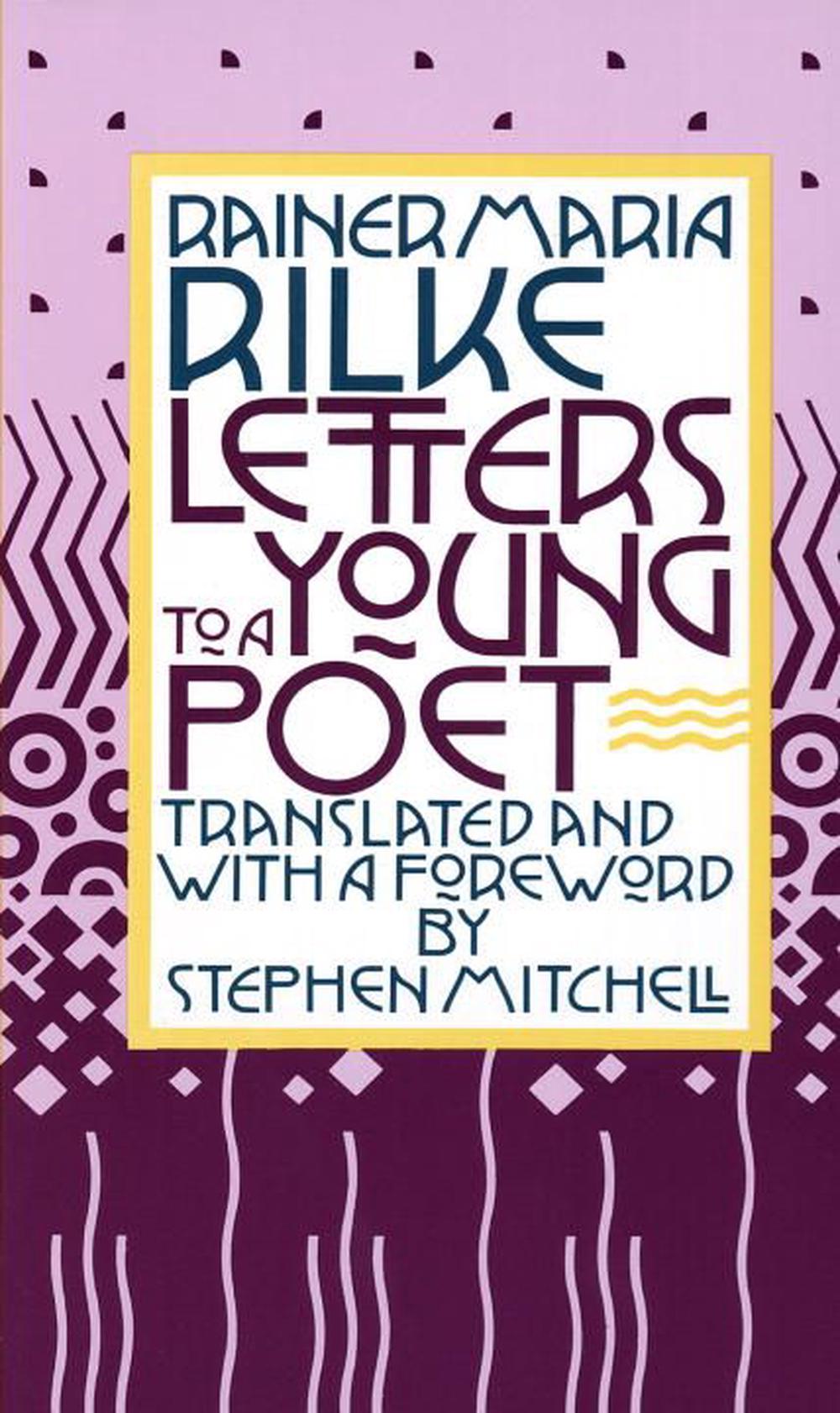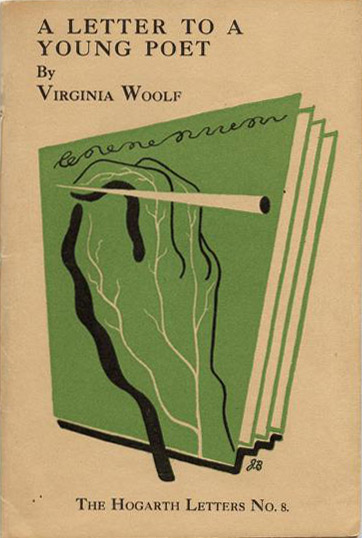
‘ We know little, but that we must trust in what is difficult is a certainty that will never abandon us,’ Rilke writes.

It is a sort of minor-key beauty, spending much time navigating through the implications of solitude and painful soul-searching, yet it elevates the heart to such high levels and is sure to make anyone reach for a pen in order to try their own hand at poetry. Things aren’t all so tangible and sayable as people would usually have us believe most experience is unsayable, they happen in a space that no word has ever entered, and more unsayable than all other things are works of art, those mysterious existences, whose life endures beside our own small, transitory life.While, as Rilke point out, the ethereal joys brought about in me while reading this are ineffable, I would still like to take a few moments of your time to discuss how beautiful these letters are. ’ Nothing touches a work of art so little as words of criticism: they always result in more or less fortunate misunderstandings. What is especially difficult is to do so in the realm of reviewing, a sort of critique that bastardizes the original message by having it be received tainted from my amateur perspective as it passes through me¹, as Rilke himself cautions against reading any sort of literary criticism, positive or negative in his very first letter. It is difficult to accurately explain the powers of transcendence contained in these letters. With powerful prose that often reaches the same sublime peaks found in his poetry, these magnanimous, heart-felt letters are some the most empowering words of wisdom into undertaking of the arts as well as an impressive portrait of Rilke himself. Rilke advises that ‘ a work of art is good if it has risen out of necessity’, that they must feel they ‘ would have to die if you were forbidden to write.’ From there, he instructs towards the soul-searching life of solitude which best cultivates the artists gift.

‘ Dig into yourself for a deep answer,’ he tells the young poet, ‘ and if this answer rights out in assent, if you meet this solemn question with a strong, simple “I must”, then build your life in accordance with this necessity.’ Letters To A Young Poet, written between 1903-08, contains some of the most passionately moving words of encouragement and examination into the life of an artist.

Rainer Maria Rilke puts forth the question ‘ must I write?’ in these letters from the great poet to the unknown Mr. ‘ Go into yourself and see how deep the place is from which your life flows.’


 0 kommentar(er)
0 kommentar(er)
